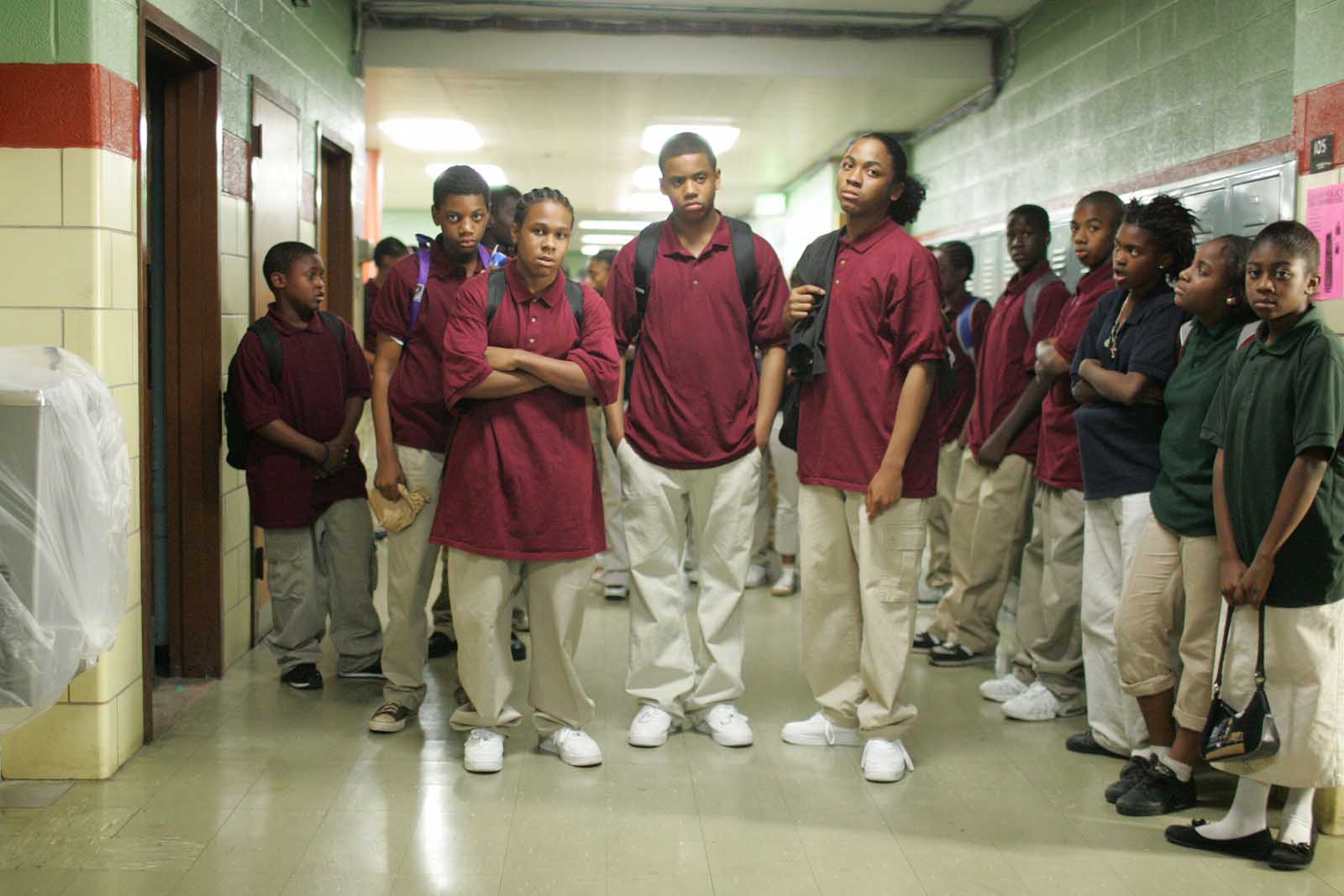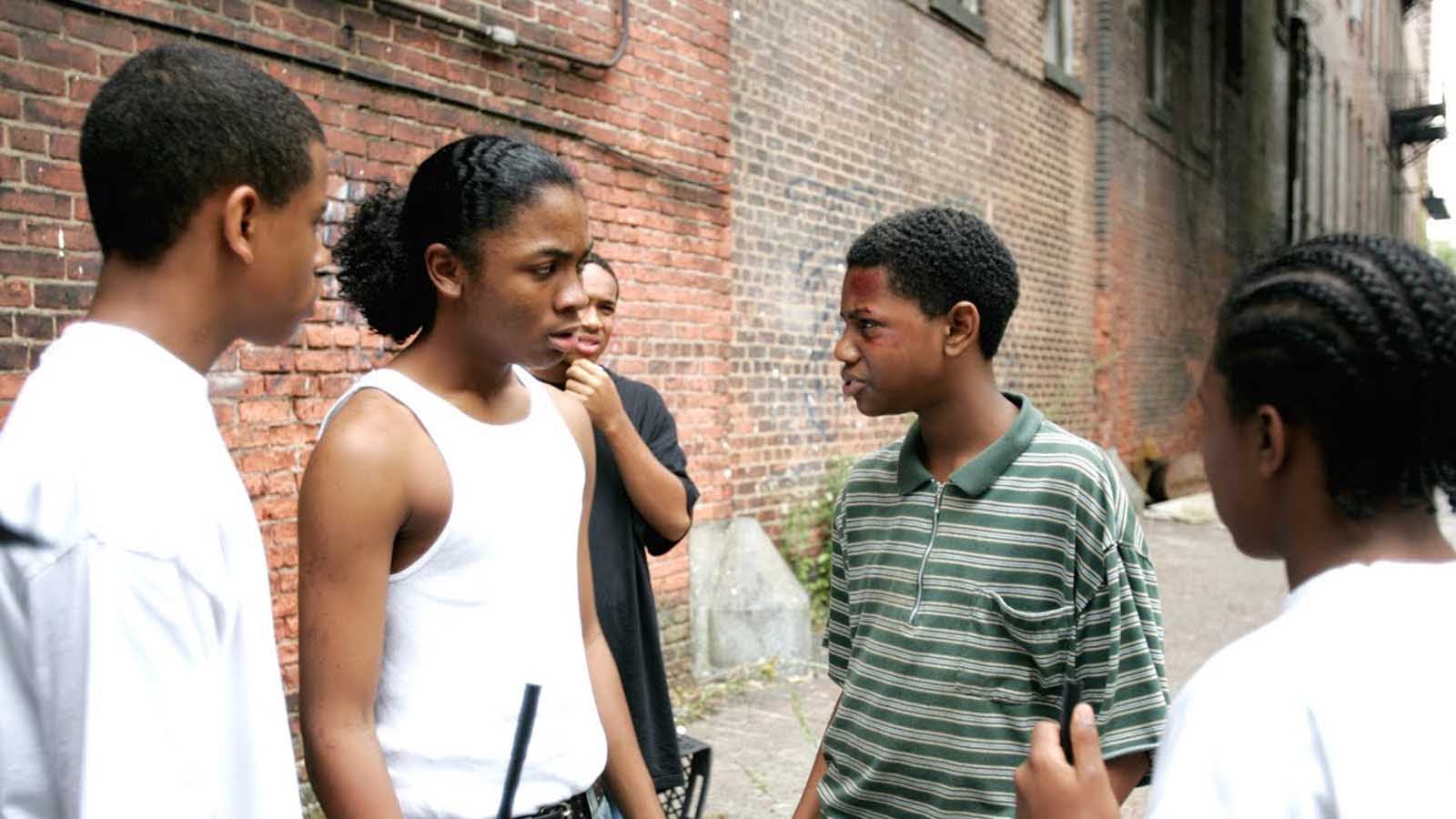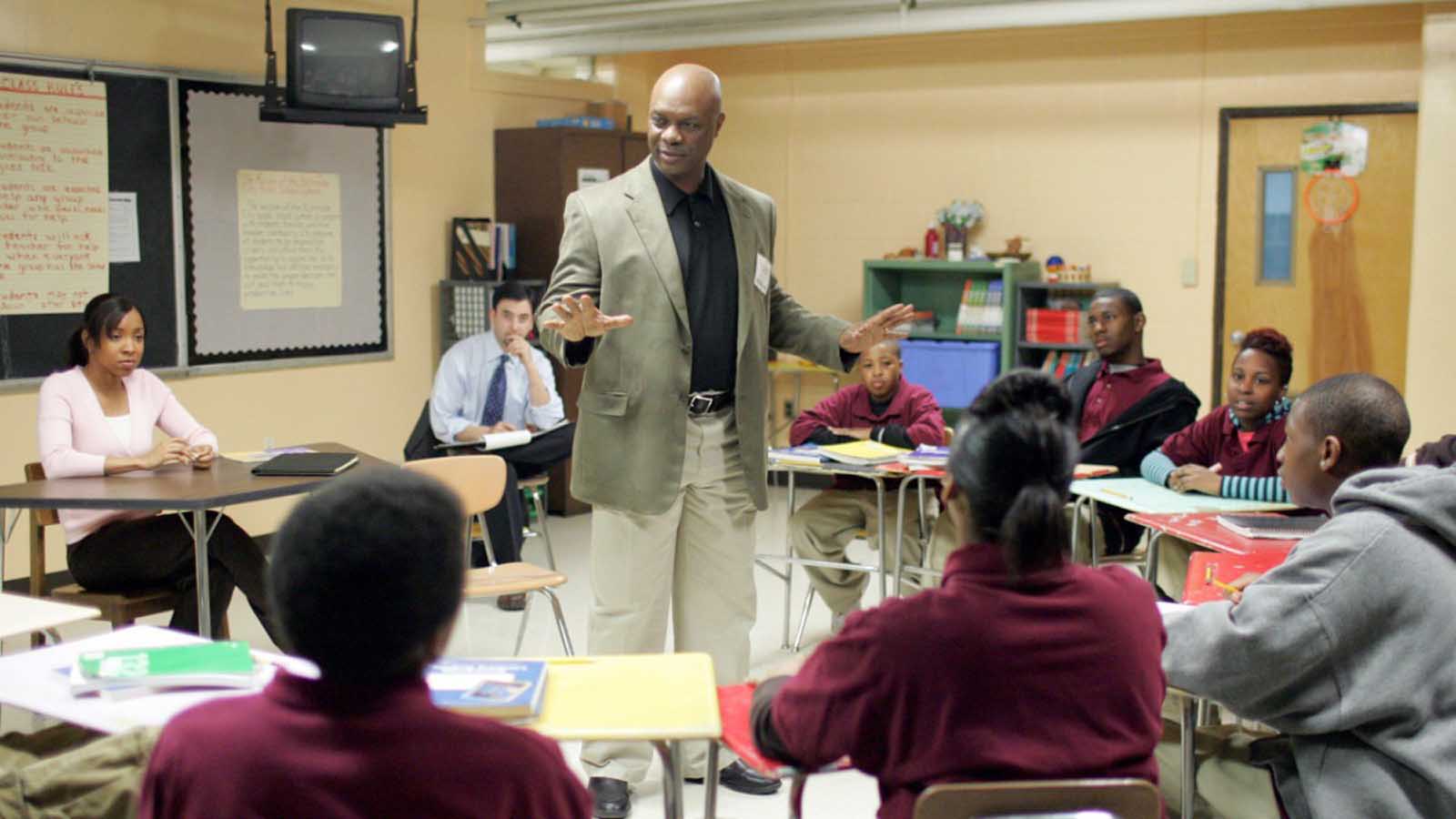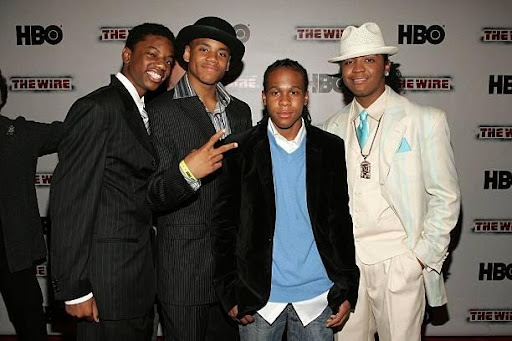
Writing An Essay on Education System Flaws? Start With “The Wire”
It may be 13 years since the last episode of HBO’s The Wire aired, and we’re still being reminded every day by YouTube about why this was probably the best filmographic piece of TV art ever created. No single movie remake would do justice to The Wire with its 9.3/10 score on IMDb. It’s a wonder that despite several nominations and being hailed as the greatest TV series ever produced, The Wire never won a single Emmy.
The Wire isn’t just David Simon’s hopeless romantic and frustrated take on the grit and grime of the drug trade and political bureaucracy in the inner city of Baltimore in the 80s and 90s. Some of the rawest and most meaningful moments on the show come from the ‘youngins’ in their home and school environments. Just in case you need to write the all-familiar analytical essay of why the US education system has failed or is failing, watching The Wire reruns (despite strong R-ratings) is a great place to start. An expert paper writer can also help you to achieve much more with your essay.

The Education System Through The Lens Of The Wire
Some of the main recurring characters in The Wire are middle schoolers such as Michael ‘Mike’ Lee, Duquan ‘Dukie’ Weems, Namond ‘Nay’ Brice, and Randy Wagstaff. Other kids appear as guest stars on different episodes, for example, the menacing little Kenard (who shoots Omar Little), Bug (Mike’s younger brother), and Donut. Out of the four main child characters, only Namond Brice is foreshadowed as making it out of the brutal streets of Baltimore, Maryland, being adopted by the former officer with a big heart-Bunny Colvin. Most of the other child characters turn into drug dealers and corner boys, or ‘hitters’ or killers as portrayed by the exceptional Mike Lee.
Behind the genius of The Wire lies creator David Simon’s scathing and unapologetic attack on the American education system, specifically within the inner cities of impoverished communities such as Baltimore. Here are four things about the US education system that The Wire reminds us of.

Curriculum Doesn’t Work
The current K12 curriculum doesn’t take care of the needs of individual children; children who may be struggling in certain areas like math or science. It’s worse in the inner cities because children who have special needs like learning disabilities, or those who come from poor and chaotic backgrounds, like Dukie and Michael, can’t get the special attention that they need.
According to Mr. Prez, a teacher at Edward J. Tilghman Middle School, Dukie shouldn’t proceed to 8th grade because he isn’t prepared enough, but the school board’s “leave no child behind” policy means he has to. Half the kids in Mr. Prez’s class can’t do fractions or read properly, yet the school board blatantly ignores these facts.

It’s Not About The Kids, It’s About Teacher Survival
Mp. Prez raises his objections to the modus operandi being employed by the school board. He’s however clearly told by his superior that his survival as a teacher is more important than the needs of the kids he teaches.

Schools Always Prioritize The Stats Over The Kids
School boards are looking for improvements in functional test score aggregates by any means necessary, even if it means putting student needs on the back burner. Bearing in mind that schools are competing and local school districts are also in competition, everything leads up to funding priority instead of learner development.

Standardized Testing Doesn’t Teach Kids
Through The Wire, it’s clear to see that the education system prioritizes standardized testing over learning. Standardized tests only teach kids how to take tests, barely teaching them anything in the process. And as Mr. Prez is told, “we don’t teach math, you teach the test”.

More Than Enough Reasons To Watch The Wire
The Wire is an almost perfectly accurate depiction of what goes on in drug-infested American inner cities, prisons, the streets, and schools. Beyond that, this show captures perfectly how society fails the next generation through cyclic entrapment in a system that doesn’t work for them and neither prioritizes them. One can’t help but feel that provided guidance, mentorship, and a fair shot, Mike would have made a great athlete instead of a robber/killer, Randy would have made a successful businessman instead of a corner boy, and Duqie (saddest of all the child characters) would have been a scientist or an engineer, instead of turning into a junkie.
The Wire teaches us an important lesson about why investment in the next generation is just as crucial to our survival as theirs, and why school is the most opportune place to start making this investment.







